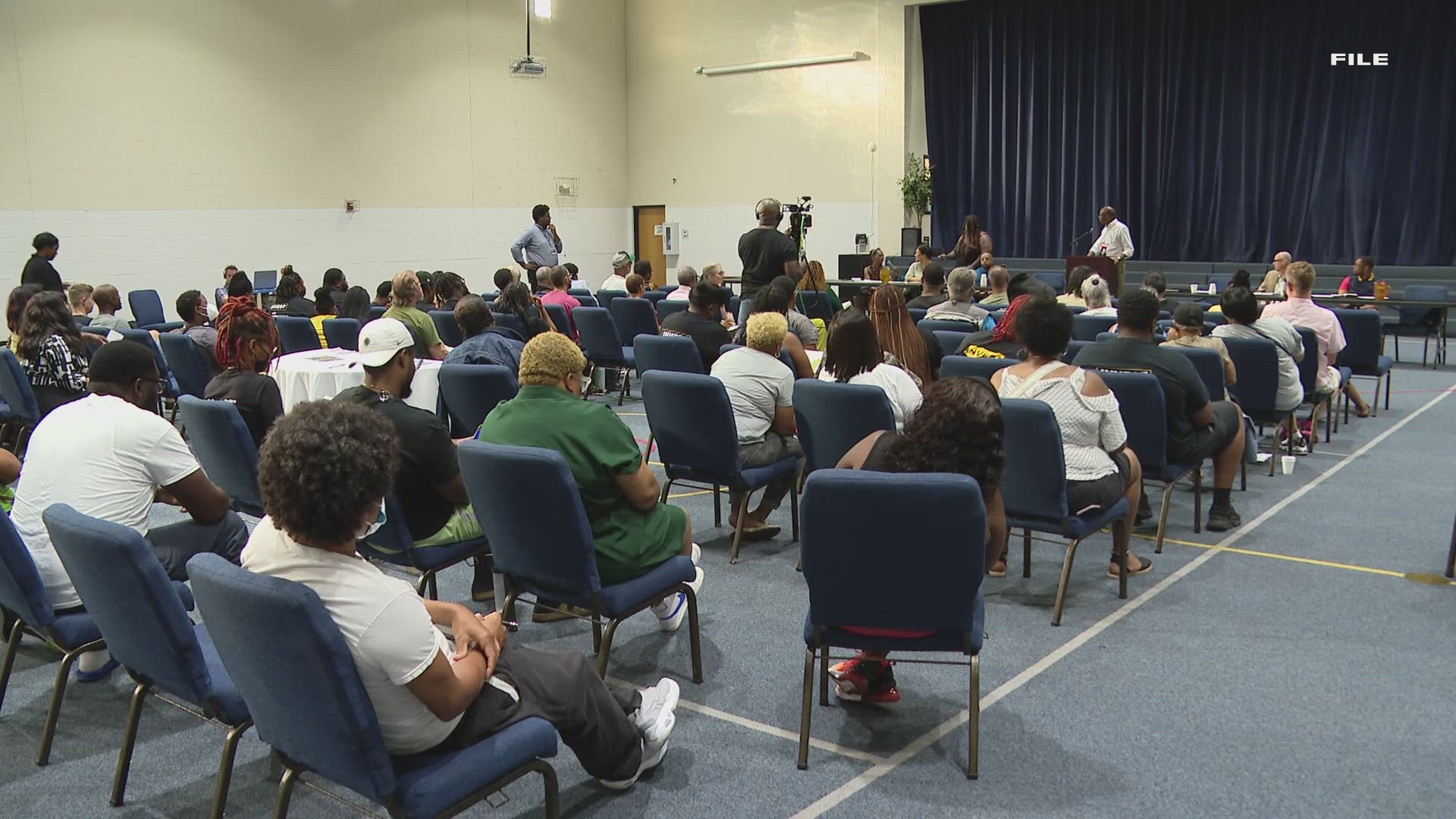ST. LOUIS — On Wednesday, the St. Louis Reparations Commission asked for new recommendations before the end of the year.
Dr. Will Ross, the commission's vice-chair, said meetings will continue until the end of December. The commission will put together a final report and send it to Mayor Tishaura Jones and the Board of Aldermen in January.
"We're not going to move our city forward until we have some healing and that racial healing means we have to afford the resources. There has to be some allocations of resources to address the harm that's been done for decades … centuries in St. Louis," Ross said.
Since March 2023, Ross served and helped lead the commission with eight others, including Kayla Reed who serves as the chair of the commission.
Through working at WashU's School of Medicine as an associate dean for diversity and alumni-endowed professor of medicine, division of nephrology, he discovered more inequalities African Americans face.
"There's a major discrepancy between the income of African Americans and others," Ross said.
Because of this discrepancy, he said it's hard for the commission to define payments.
So far, he said residents have recommended reparations including the ability to trace lineage (a certain number of years) for payments of $25,000.
"We're still gathering data, looking at practices across the country and haven't defined what reparations will really mean," Ross said.
“I think it’s actually likely [to provide reparations in St. Louis] ... we’ve watched the national landscape. Some communities have started and they are far along. Some have moved further, some communities have floundered," Ross said.
Over the summer, Ross said dozens of residents continued to voice their concerns at meetings including James Gallagher from Mill Creek, who said his family endured toxic chemicals.
"I'm the last member of my family and the patriarch of my family on both sides. It's just nothing you can make up because the damage is done," Gallagher said.
Ross said he's confident the city could make reparations happen while looking to cities in Illinois and California, where legislation has passed.
"We're going to continue to meet until the end of December. The commission will come together in January for a final report," Ross said.

